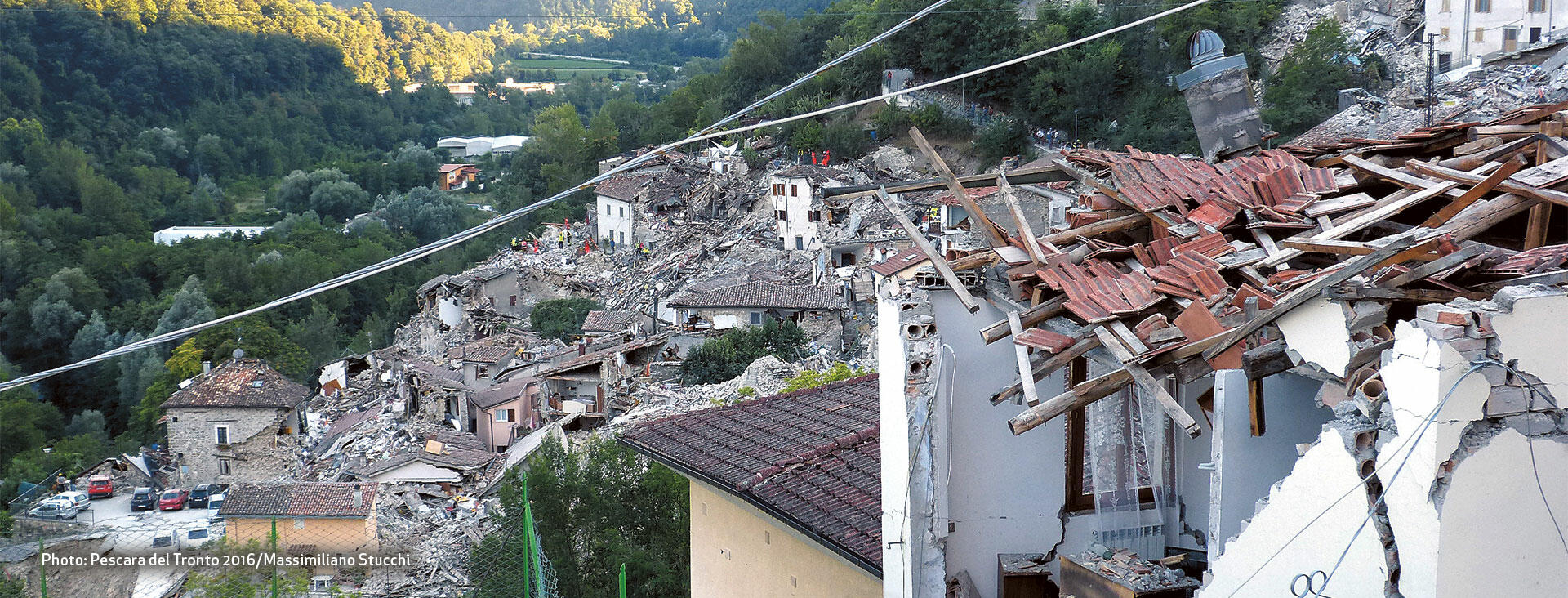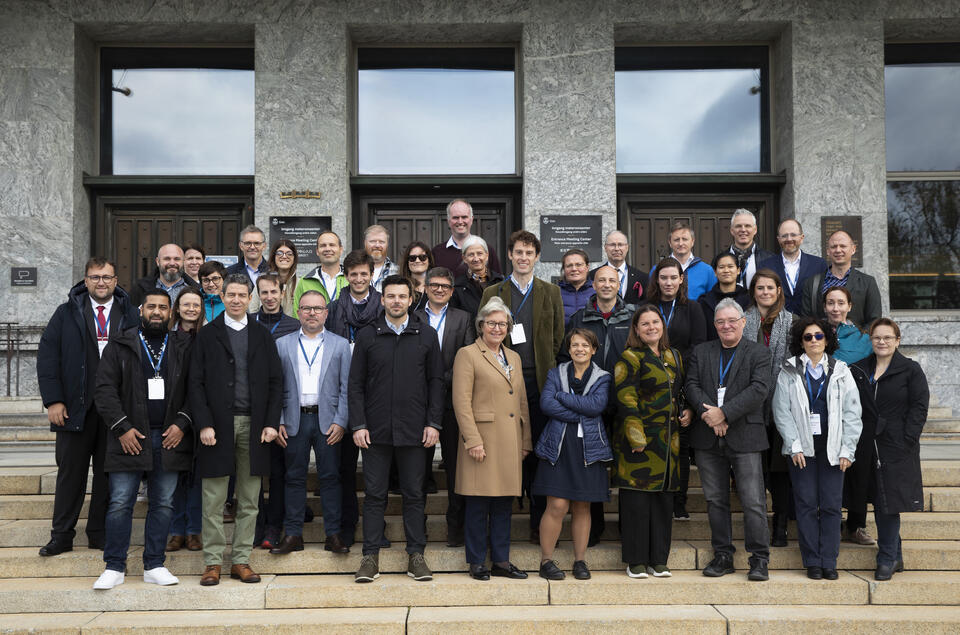Safer society against natural hazards

We need good tools to reduce the human, economic and environmental losses caused by natural disasters. NORSAR has cutting-edge expertise in seismic hazard and risk assessments. In 2022, we delivered a multi-sensor-based platform focusing on Operational Earthquake Forecasting, Earthquake Early Warning and Rapid Response to Earthquakes to reduce the effects of earthquakes in Europe, as part of the Horizon 2020 TURNkey project. At the same time, the Horizon Europe MEDiate project, which will assess interacting natural hazards and their cascading impacts, was launched.
TURNkey makes Europe more robust against earthquakes
Of all natural hazards, earthquakes take the most lives and cause the second highest loss of economic value. Although it is impossible to predict earthquakes, a combination of approaches can save lives and reduce economic losses. In the period 2019-2022, together with our European partners in the EU-funded project TURNkey, we worked to make Europe safer against earthquakes. The aim has been to close the gap between theoretical systems and their practical application in Europe in order to improve seismic resilience before, during and after a damaging earthquake. The project has delivered a cloud-based platform that combines data from low-cost multi-sensor units developed in the project, as well as data from conventional seismic networks and smartphone-based networks for early warning and rapid response. The information system can be used by disaster management authorities (e.g., civil protection, first responders..etc.), businesses and critical infrastructures operators.
NORSAR is proud to have coordinated this large EU project. Together with our partners we have achieved significant results to mitigate earthquake risks in Europe.
From earthquakes to combined natural hazards
In the framework of the TURNkey project a new generation of Decision Support Systems (DSS) for earthquake hazard and risk was developed. Together with the Agency for Emergency planning of the Oslo municipality, we have carried out the project "Adapting new concepts towards a multi-hazards platform", where we tested how the concept of the DSS we developed can be used for risk management of combined natural hazards (multi-hazards) in Oslo. The city is particularly exposed to floods and quick clay landslides. Climate change will lead to an increase in the number of incidents, and it is important to consider measures to limit possible damage scenarios. A close collaboration with the Agency for Emergency planning of the Oslo municipality has made it possible to assess how the methodology can be incorporated into existing procedures and tools for emergency preparedness and urban planning. The project was financed by the Research Council of Norway/Norges forskningsråd.
In september 2022, we demonstrated the methodology at a workshop on combined natural hazards in Lillestrøm. We used a scenario where there had been a quick clay landslide in the district of Alna in Oslo. Damage reduction measures were examined in the process and the participants were allowed to take part in weighting the various criteria. Through this exercise, we showed that the results are sensitive to the stakeholders' input.
MEDiate will reduce losses from future natural disasters
2022 also introduced the beginning for the Horizon Europe MEDiate project - Multi-hazard and Resilient-informed system for Enhanced Local and Regional Disaster risk management. The project is an interdisciplinary research collaboration, including partners from seven European countries, with the aim of reducing the human, economic and environmental losses from future natural disasters in Europe, for example forest fires, landslides, floods, heat waves and earthquakes. The project is funded under the Disaster-Resilient Society call in Horizon Europe and will last for three years.
In contrast to TURNkey, which specifically focused on earthquake hazard and risk, the MEDiate project will focus on multiple interacting natural hazards and their compound and cascading impacts. The project will contribute to improved multi-hazard risk assessments and to the development of a state-of-the-art and dynamic decision support tool that local and regional authorities can use to manage disaster risks.
Over the next three years, the leading experts in their field part of the MEDiate consortium will work closely with local and regional authorities to ensure that MEDiate delivers solutions that are user-led and supported by relevant technology. Stakeholders from the four Testbeds (Nice, Essex, Oslo and Austurbru) who are linked to the project as full partners will be involved in testing , co-designing and co-developing the MEDiate tools, models and decision support system. This is important in order for the developed system to be adapted to local needs. In particular, together with the Agency for Emergency planning of the Oslo municipality, we will look at floods, extreme rainfall, landslides, storm surges and earthquakes. MEDiate is part of the Oslo municipality's efforts to work more systematically with hazards that have a low probability, but high damage potential.
NORSAR thanks all of our partners for their trust and looks forward to our further cooperation.
 From the start-up meeting in Oslo City Hall.
From the start-up meeting in Oslo City Hall.
